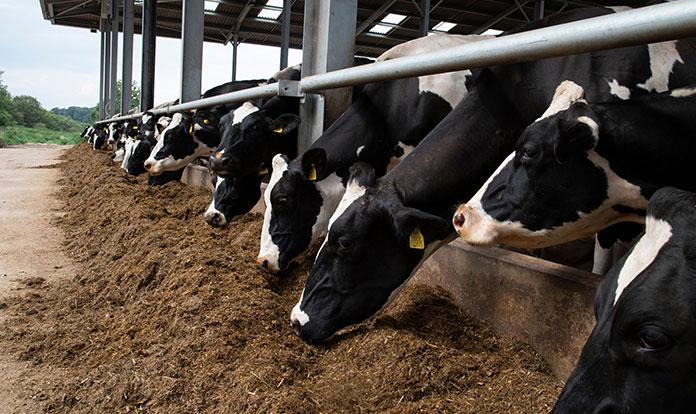Lysine contains amino acids that are essential nutrients for humans and animals. What are the functions of lysine? Lysine can be obtained through daily food, but sometimes it cannot meet the needs of animal growth. In the process of feeding animals, adding lysine in an appropriate amount will help the healthy growth of animals. Let’s take a look at the role of lysine in feed:
Introduction to the efficacy and role of lysine in feed:
High-quality piglet feed is generally rich in protein, lactose, and sometimes rich in sucrose and glucose. Lysine derived from protein or added crystals and reducing sugars (as mentioned above) can be combined under appropriate moist and heat conditions to form components that are difficult to digest. Therefore, most piglet feeds are supplemented with higher doses of lysine to compensate for the expected losses caused by the pelleting and storage process. Weakening the “Maillard reaction” Generally speaking, when amino acids are heated under a certain humidity to undergo a chemical reaction, a “Maillard reaction” will occur. This involves binding free amino groups (such as those crystalline amino acids, unlike other amino acids, lysine has 2 such groups) to reducing sugars (like those derived from lactose and sucrose/dextrose). This “browning” reaction can even occur at room temperature, but the reaction speed is very slow. However, when the browning reaction is excessive (for example, in the case of improper granulation) or improperly controlled (storage in an environment with high temperature and humidity for a long time), the protein quality will definitely decrease.
At present, most of the diets in pig farms are corn-soybean meal-type diets, corn-soybean meal-type diets, but the amino acids contained in corn and soybean meal cannot meet the needs of pigs, and they lack essential amino acids. The reduction of synthesis causes a series of protein metabolism and related enzyme synthesis problems in the body. The most important manifestation is growth retardation and even metabolic diseases. Therefore, it is very necessary to add lysine to the feed.
Lysine can not only improve the utilization of feed, but also in fish farming, it can also increase the immunity of the fish and improve the disease resistance of the fish, which also helps to reduce the risk of aquaculture. In fish farming, lysine has a more obvious effect on increasing fish’s food intake. This is mainly because lysine has a significant effect on improving the function of fish intestinal digestive enzymes, and digestive enzymes have unique functions in the digestion process. Substances, animal digestibility is closely related to the activity of digestive enzymes in the digestive tract. In addition, in pig breeding, lysine can also use its own substance to methylate toxic substances or drugs to detoxify.
On the whole, lysine has the functions of meeting animal needs, promoting animal growth, improving amino acid balance, improving feed utilization, and saving protein resources. The significant protein deposition of methionine makes the same feed have this obvious effect on the weight gain of animals, so it can save some breeding costs.


